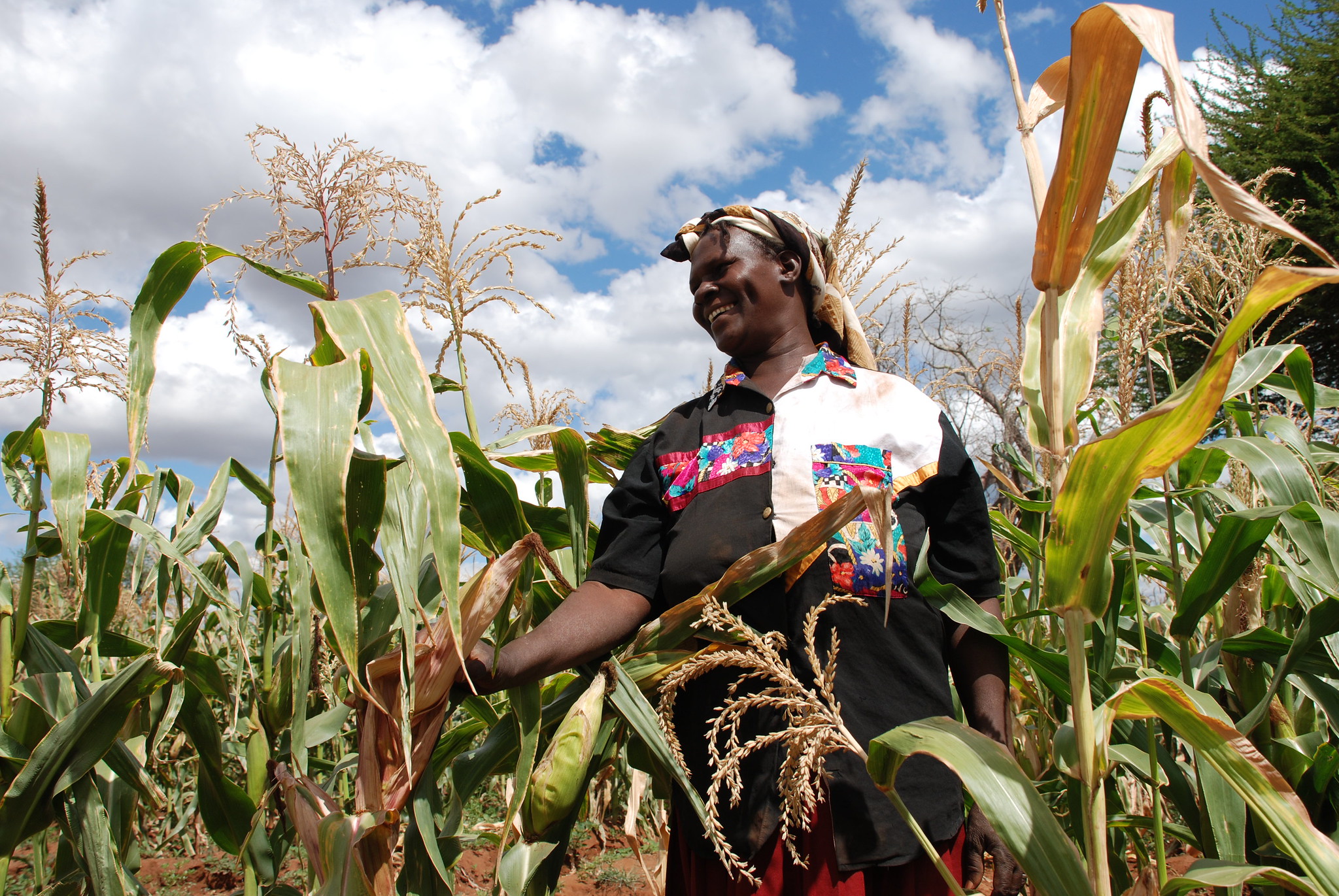The aim of this study was to parameterize and test the generic crop model AquaCrop for a local bambara groundnut [Vigna subterranea (L.) Verdc] landrace. Such a model should be water driven and assist in the promotion of neglected and underutilized species as possible future crops under water-limited conditions. AquaCrop was parameterized for a South African bambara groundnut landrace using data from controlled field and rain shelter experiments conducted during two seasons (2010/2011 and 2011/2012) at Pretoria, South Africa. Observed weather, soil physical, and measured crop parameters from optimum experiments conducted during 2010/2011 were used to develop respective climate, soil, and crop files in AquaCrop and to parameterize the model. Model parameterization for bambara groundnut showed a very good fit for canopy cover (R2 = 0.94, Willmott’s d index of agreement = 0.99, RMSE = 3.37%) and biomass (R2 = 0.96, d index = 0.99, RMSE = 1.29 Mg ha–1). The model also predicted final biomass (RMSE = 1.70 Mg ha–1) and yield (RMSE = 0.29 Mg ha–1) reasonably well. Model testing showed good fit for canopy cover under irrigated (R2 = 0.86, d index = 0.96, RMSE = 9.72%) and rainfed field conditions (R2 = 0.95,d index = 0.97, RMSE = 6.18%) compared with simulation of results from rain shelter experiments. The model simulated final biomass and yield of bambara groundnut very well under field conditions. The model’s performance under rainfed conditions make it particularly suited for extrapolation to marginal areas of agricultural production in South Africa and the region.
Water Research Commission of South Africa, Water Research Commission of South Africa






